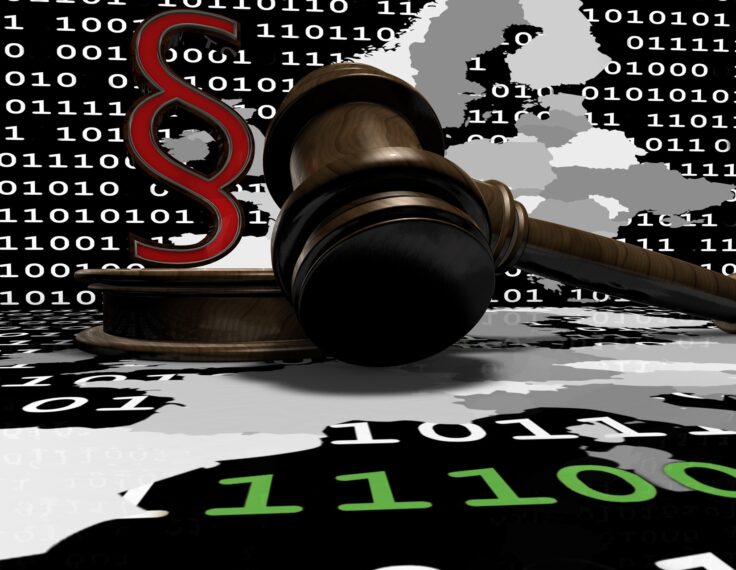
Self-regulation 2:0? A critical reflection of the European fight against disinformation
Ethan Shattock
In presenting the European Democracy Action Plan (EDAP) in 2020, the European Commission pledged to build more resilient democracies across the EU. As part of this plan, the Commission announced intensified measures to combat disinformation, both through the incoming Digital Services Act (DSA) and specific measures to address sponsored content online.
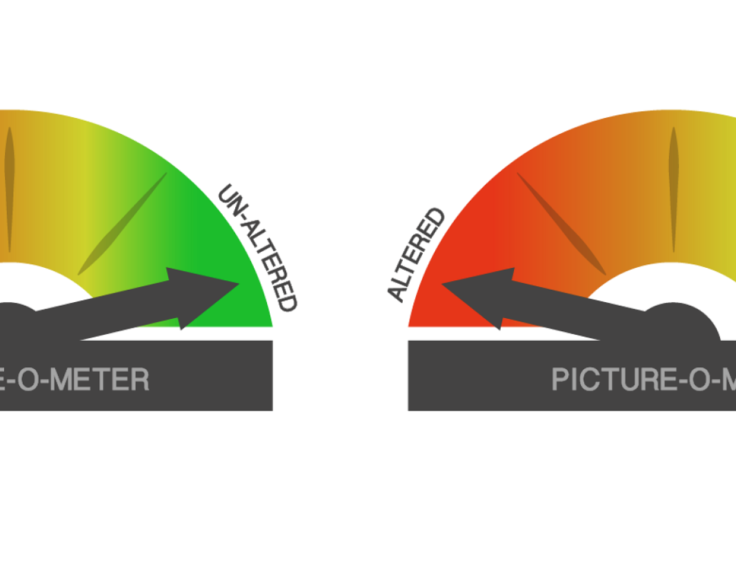
Research note: This photograph has been altered: Testing the effectiveness of image forensic labeling on news image credibility
Cuihua Shen, Mona Kasra and James F. O’Brien
Despite the ubiquity of images and videos in online news environments, much of the existing research on misinformation and its correction is solely focused on textual misinformation, and little is known about how ordinary users evaluate fake or manipulated images and the most effective ways to label and correct such falsities.

Developing an accuracy-prompt toolkit to reduce COVID-19 misinformation online
Ziv Epstein, Adam J. Berinsky, Rocky Cole, Andrew Gully, Gordon Pennycook and David G. Rand
Recent research suggests that shifting users’ attention to accuracy increases the quality of news they subsequently share online. Here we help develop this initial observation into a suite of deployable interventions for practitioners. We ask (i) how prior results generalize to other approaches for prompting users to consider accuracy, and (ii) for whom these prompts are more versus less effective.
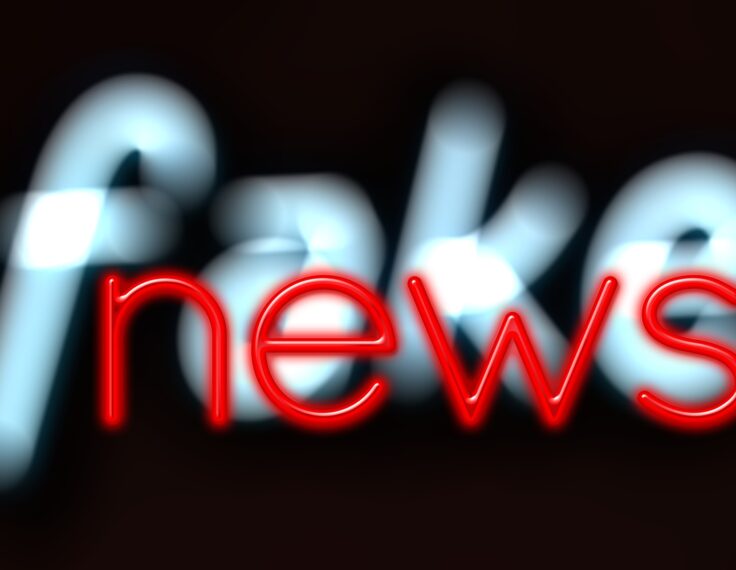
Where’s the fake news at? European news consumers’ perceptions of misinformation across information sources and topics
Michael Hameleers, Anna Brosius and Claes H. de Vreese
This study indicates that news users across ten different European countries are quite concerned about misinformation in their information environment. Respondents are most likely to associate politicians, corporations, and foreign actors with misinformation. They perceive misinformation to be most common for topics like immigration, the economy, and the environment.
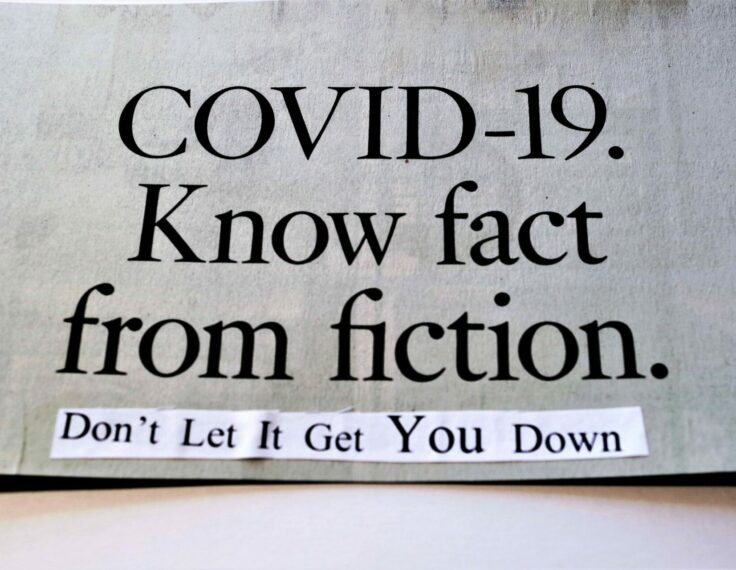
How COVID drove the evolution of fact-checking
Samikshya Siwakoti, Kamya Yadav, Nicola Bariletto, Luca Zanotti, Ulas Erdogdu and Jacob N. Shapiro
With the outbreak of the coronavirus pandemic came a flood of novel misinformation. Ranging from harmless false cures to dangerous rhetoric targeting minorities, coronavirus-related misinformation spread quickly wherever the virus itself did. Fact-checking organizations around the world took up the charge against misinformation, essentially crowdsourcing the task of debunking false narratives.
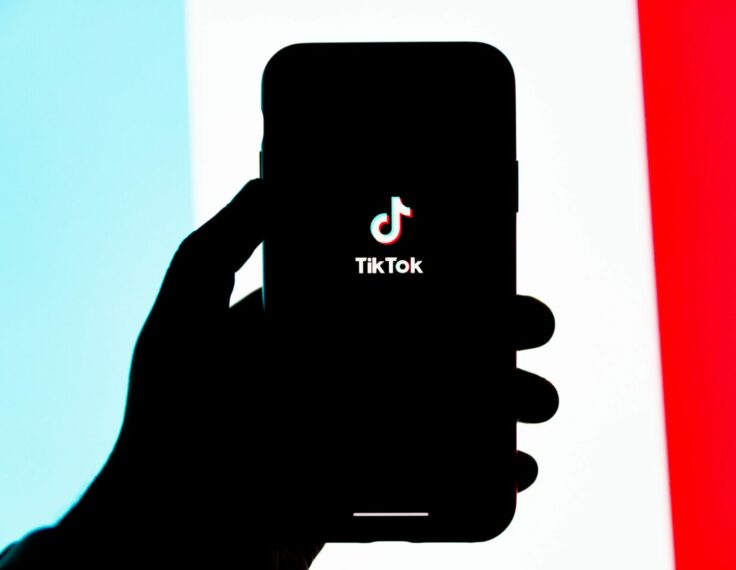
Research note: Likes, sarcasm and politics: Youth responses to a platform-initiated media literacy campaign on social media
Ioana Literat, Abubakr Abdelbagi, Nicola YL Law, Marcus Y-Y Cheung and Rongwei Tang
To better understand youth attitudes towards media literacy education on social media, and the opportunities and challenges inherent in such initiatives, we conducted a large-scale analysis of user responses to a recent media literacy campaign on TikTok. We found that reactions to the campaign were mixed, and highly political in nature.
